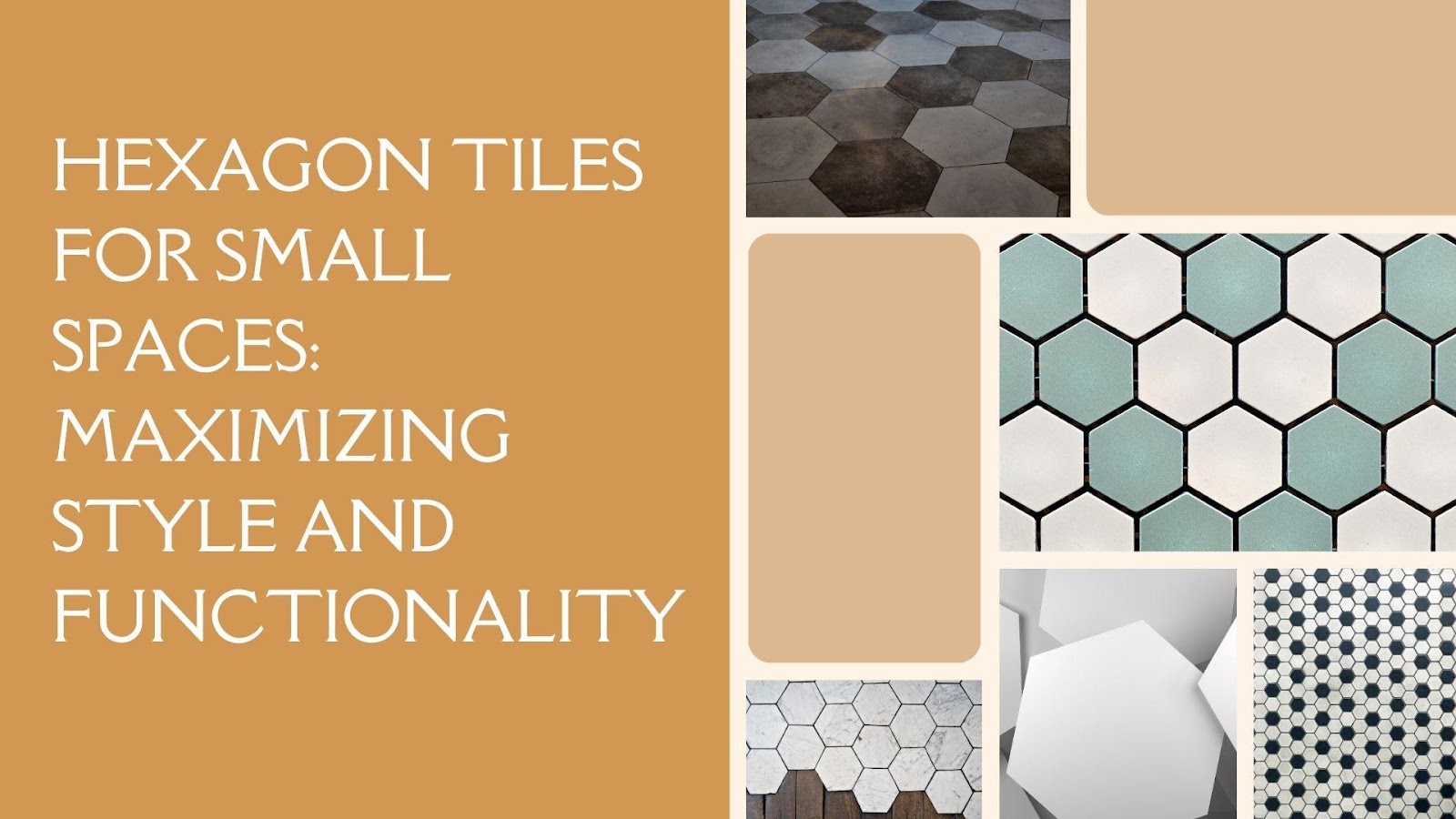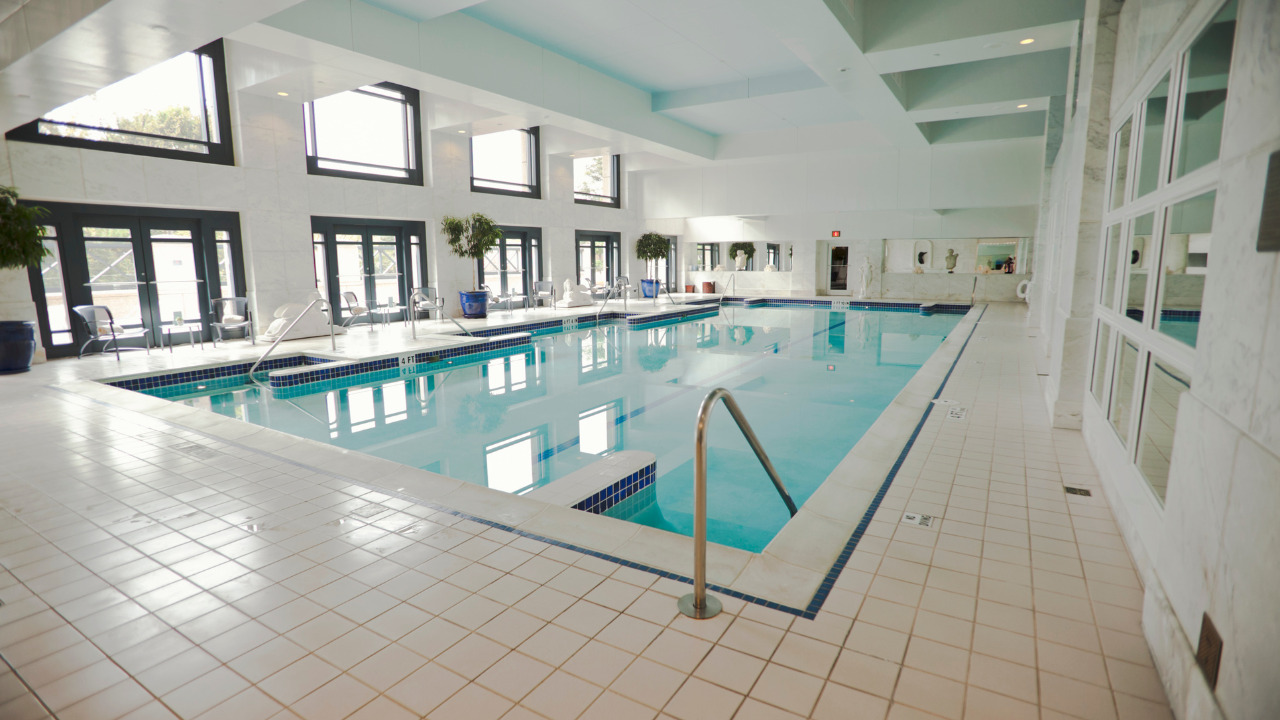Cleaning the tiles in your pool is just as crucial as cleaning the pool itself. Use our cleaning and maintenance advice for pool tiles to learn how to accomplish it. Everyone enjoys hanging out by the pool at your house.
You must maintain the entire area in immaculate condition all year round because it is such a popular location. If you haven’t already started cleaning your pool’s tiles, you should do so now. Consider when you’re getting in or out of the pool, and your hand accidentally brushes over a slimy tile.
Due to the high concentration of minerals in the water, such as calcium, hard water stains on pool tiles are visible as a cloudy, white residue. The cost and potential pool damage may entice you to empty your pool to eliminate the stains, but this should only be the last choice.
Table of Contents
Steps To Clean Hard Water Stains From Pool Tiles
Multiple factors might cause pool tiles to become dirty. Calcium carbonate and calcium silicate are both available. Since calcium silicate has been present on the tiles for a considerable time, it is the tougher of the two materials and is either white or greyish in color.
If muriatic acid cannot remove the material, it is likely calcium silicate, then cleaning the tiles will require a pumice stone. Muriatic acid will cause calcium carbonate to begin to bubble since it is not as resistant to it. But you can also clean this with a pumice stone.
Brush The Tiles
Cleaning your tiles should be your priority. They should be cleaned of any organic material. This could contain debris such as dirt and leaves. Next, remove all calcium carbonates using a stiff brush and circular motions.
If the area to be cleaned is quite tiny, you might also want to try using a toothbrush. Brush bristles are kind to pool tile surfaces.
Use A Cleaner
You might think about utilizing a tile cleaner created from items you can find in your home if the dirt, scale, or grime on your tiles is only minimal. Baking soda, vinegar, and dish soap are all options. You can take a toothbrush and start cleaning the tiles after choosing a cleaner.
Be aware that this works best for very little dirt and filth. A pumice stone should be used if the scale on the tiles is too difficult to remove with homemade cleaners. The calcium build-up will be much easier for you to remove if you use a calcium releaser, which is another option to consider.
Use A Pressure Washer
Another choice is to use a pressure washer to clean the pool tile. Your neighborhood hardware store is where you can buy a pressure washer. You won’t need to bother cleaning the tiles or applying other treatments using a pressure washer.
All that is required is to clear the area of any loose material, such as leaves or dirt, and then pressure washes it away. First, make sure you are wearing the appropriate safety equipment. So, only work on a little part at the beginning.
Examine the tiles after spraying them with the pressure washer on low. You must ensure that the pressure washer does not harm the tiles.
Clean Tiles With Muriatic Acid
Muriatic acid applied to the water is the next stage in removing calcium deposits. Any store that sells swimming pools will have muriatic acid. When using muriatic acid, remember to wear gloves and use caution. Contact with the skin or eyes might result in burns and irritated skin.
In your neighborhood pool supply store, pumice stones are simple to locate. The best method for removing obstinate calcium silicate from pool tiles is to use a pumice stone. When eliminating stubborn scale, the stone is effective.
Calcium carbonate build-up on your tiles is easy to remove with pumice stones. Compared to a pumice stone, this flaky white substance is helpless. Bear in mind, nevertheless, that a vinyl or fiberglass pool won’t benefit from using a pumice stone. On concrete or plaster tools, as well as pool tiles, it does function effectively.
Use Non-Abrasive Pad To Clean Muriatic Acid From Tiles
A mixture of muriatic acid should be sprayed on the pool tiles. Remove the hard water stains using a nonabrasive scouring pad. The tiles inside the pool should not be cleaned. The acid you are working with is still diluted even though you put muriatic acid in your pool water to help maintain the chemical balance of your pool.
Throw away any leftover muriatic acid mixture. Get in touch with your local government to find out how to properly dispose of the acid. As they ought to be familiar with the rules in your municipality, you can also get in touch with your pool supply provider.
Give your pool supply provider a sample of the water from your pool. Has the water been analyzed to determine how hard the water is in your pool? To prevent further hard water stains, they may offer chemical recommendations.
Conclusion
It will help if you put on the appropriate safety clothes when using chemicals to clean the tiles in your pool. The acid should not be poured directly into the bucket. Fizzing up the mixture is expected. Then, using an acid-resistant scrub brush, you may start cleaning the tiles.
Cleaning should be done by scrubbing one area at a time and rinsing. The procedure of removing calcium deposits from swimming pools is simple. When removing pool water deposits, a regimen for maintaining pool tiles is also necessary.
It will not only increase the tiles’ longevity but also lower the cost of upkeep. In the future, replacing tile fragments won’t be necessary all that frequently. To avoid having to worry about calcium hardness, make sure you maintain your swimming pool regularly.





